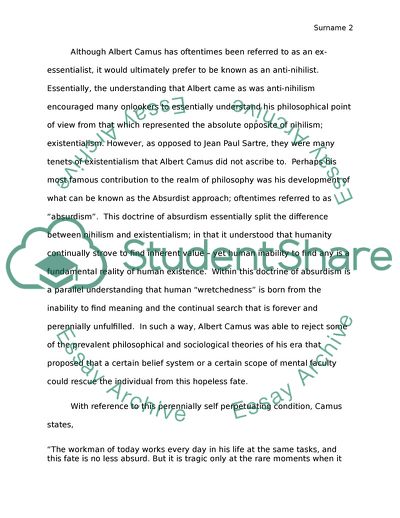Cite this document
(A Philosophical Assessment-Comparison and Contrast between Blaise Essay, n.d.)
A Philosophical Assessment-Comparison and Contrast between Blaise Essay. https://studentshare.org/philosophy/1840010-blaise-pascal-and-albert-camus
A Philosophical Assessment-Comparison and Contrast between Blaise Essay. https://studentshare.org/philosophy/1840010-blaise-pascal-and-albert-camus
(A Philosophical Assessment-Comparison and Contrast Between Blaise Essay)
A Philosophical Assessment-Comparison and Contrast Between Blaise Essay. https://studentshare.org/philosophy/1840010-blaise-pascal-and-albert-camus.
A Philosophical Assessment-Comparison and Contrast Between Blaise Essay. https://studentshare.org/philosophy/1840010-blaise-pascal-and-albert-camus.
“A Philosophical Assessment-Comparison and Contrast Between Blaise Essay”. https://studentshare.org/philosophy/1840010-blaise-pascal-and-albert-camus.


